Efficient Tree Pruning for Property Safety
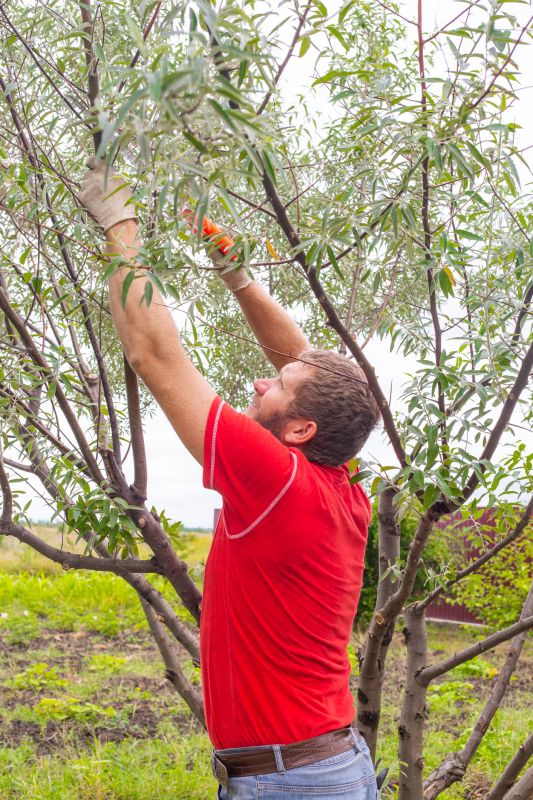
Selective trimming promotes the overall health and longevity of trees by removing diseased or damaged branches.

Tree trimming enhances the visual appeal by shaping trees to complement the landscape design.
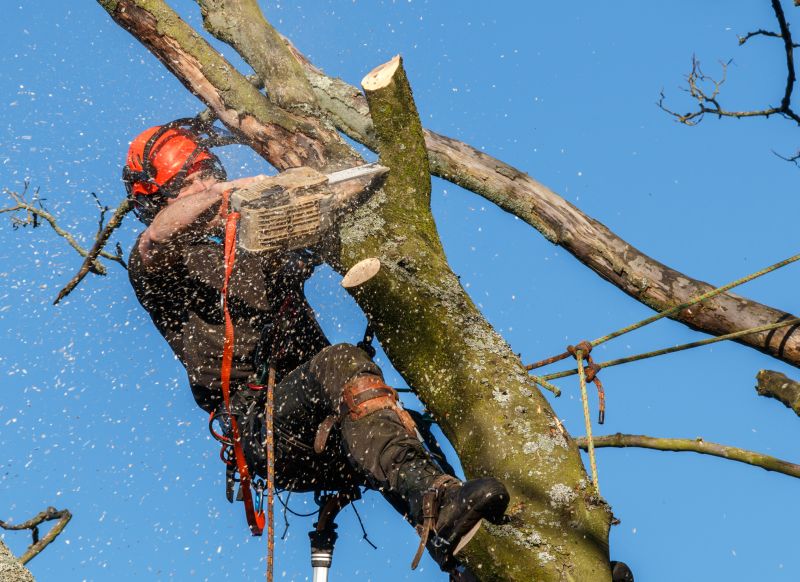
Removing overhanging branches ensures safety and clearance around structures and walkways.
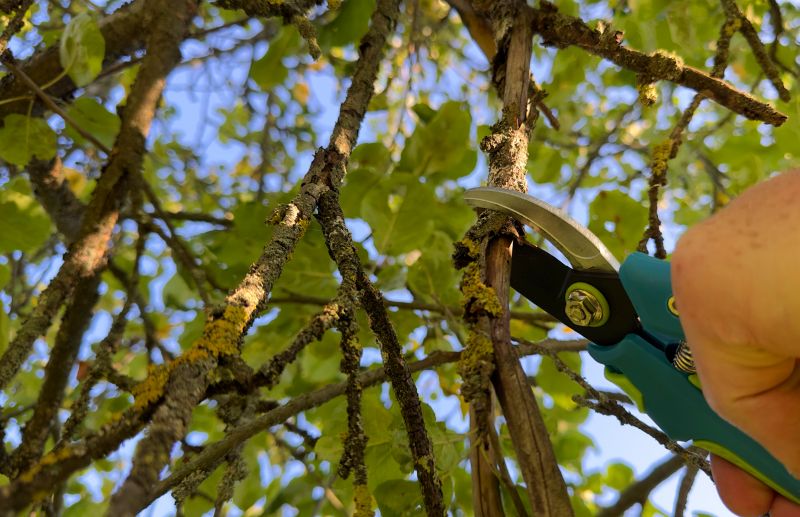
Proper trimming reduces the risk of branches breaking during storms, protecting property and people.
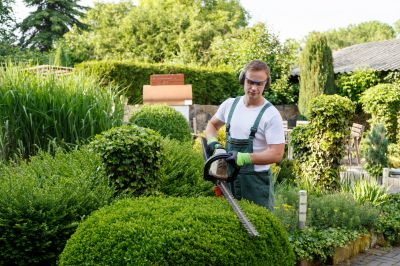
Trimming controls the size and spread of trees, preventing interference with power lines and structures.
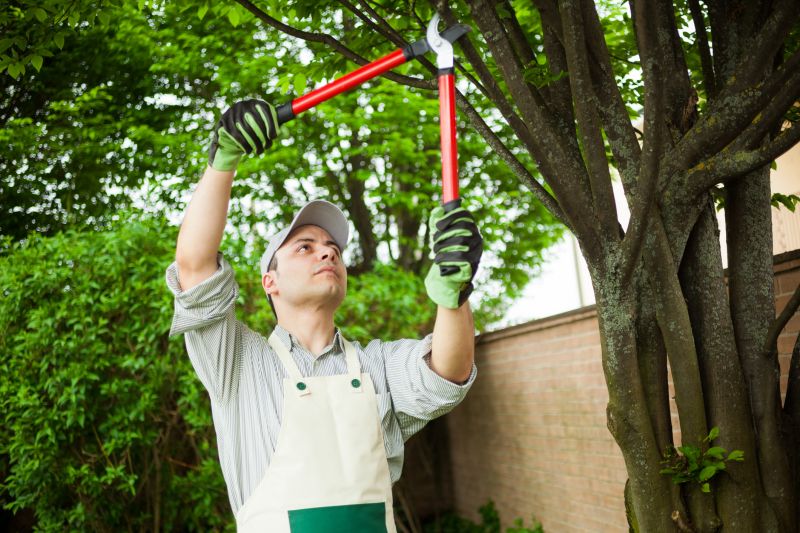
Healthy pruning encourages strong root development and overall vitality of the tree.
| Benefit | Description |
|---|---|
| Enhanced Tree Health | Regular trimming removes diseased or dead branches, promoting strong growth. |
| Improved Safety | Removing hazardous branches reduces the risk of accidents or property damage. |
| Aesthetic Appeal | Proper shaping enhances the visual appearance of trees and landscapes. |
| Property Value | Well-maintained trees can increase the overall value of a property. |
| Storm Preparedness | Trimmed trees are less likely to suffer storm damage from broken branches. |
| Growth Control | Pruning manages the size and shape of trees to prevent interference with structures. |
| Pest and Disease Prevention | Removing affected branches reduces the spread of pests and diseases. |
| Long-term Maintenance | Consistent trimming supports the longevity and health of trees over time. |
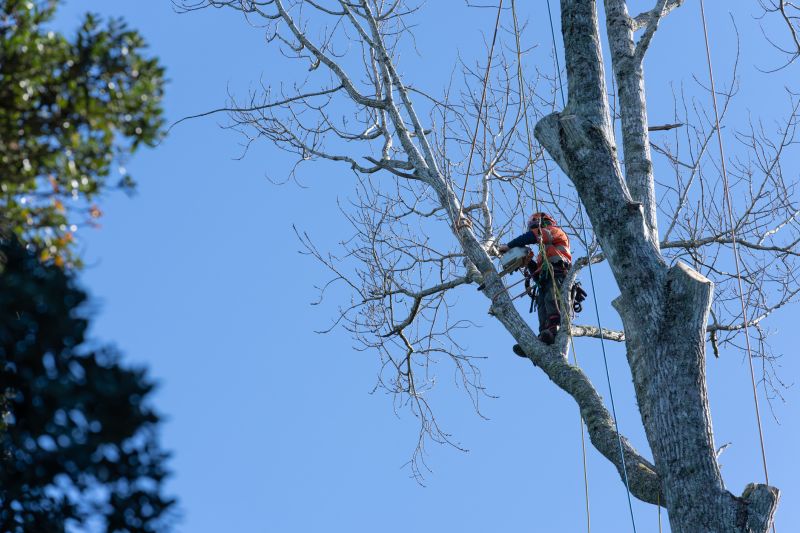
Experienced arborists ensure precise and safe trimming tailored to each tree's needs.
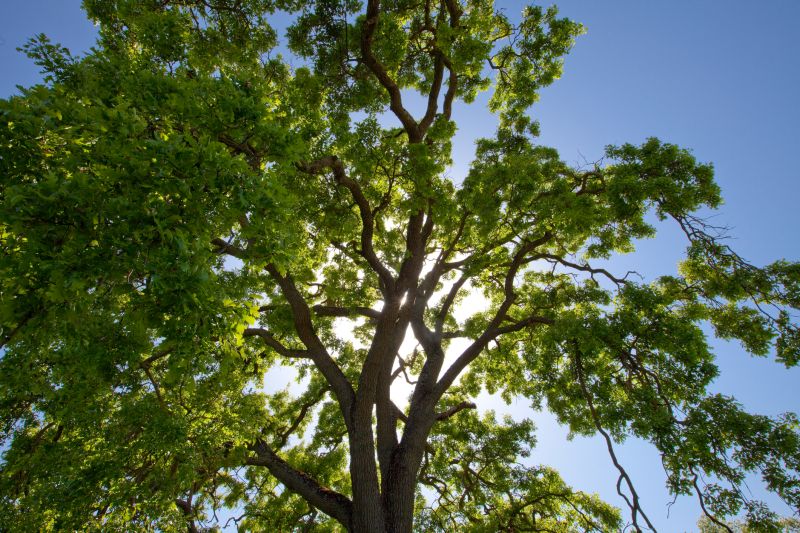
Selective removal of branches to improve light penetration and air flow within the canopy.
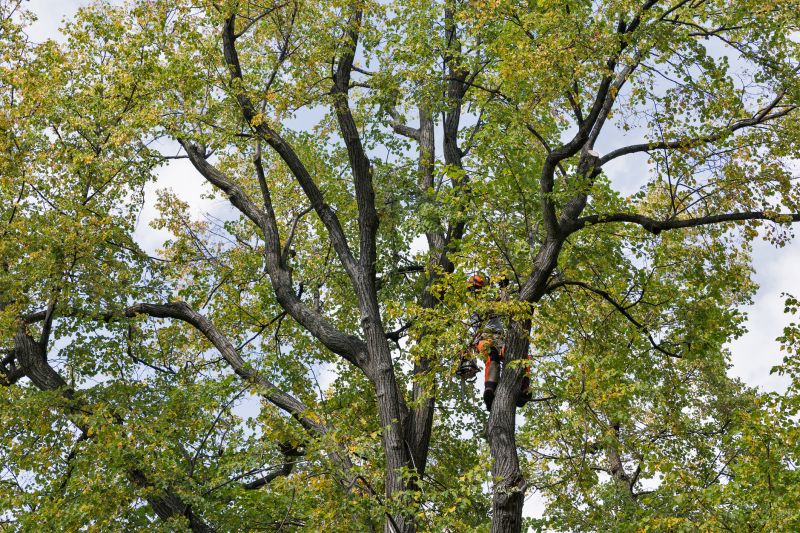
Removing lower branches to increase clearance around buildings and pathways.
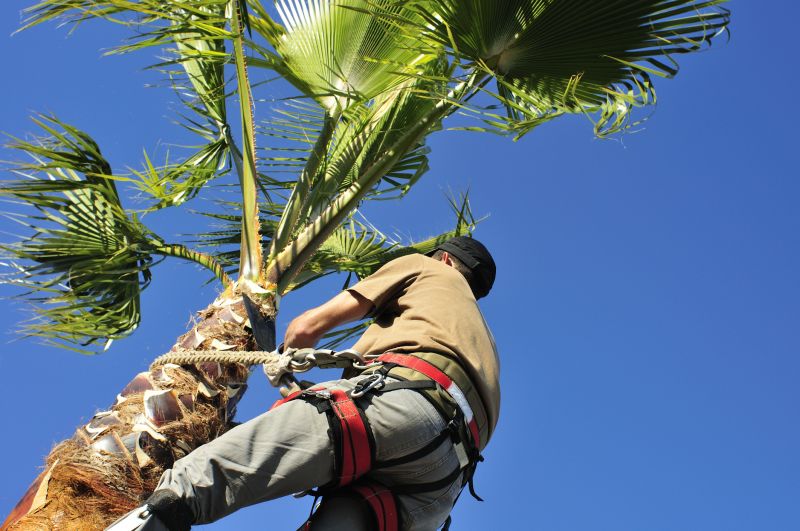
Reducing the size of the canopy to manage growth and prevent overhanging hazards.
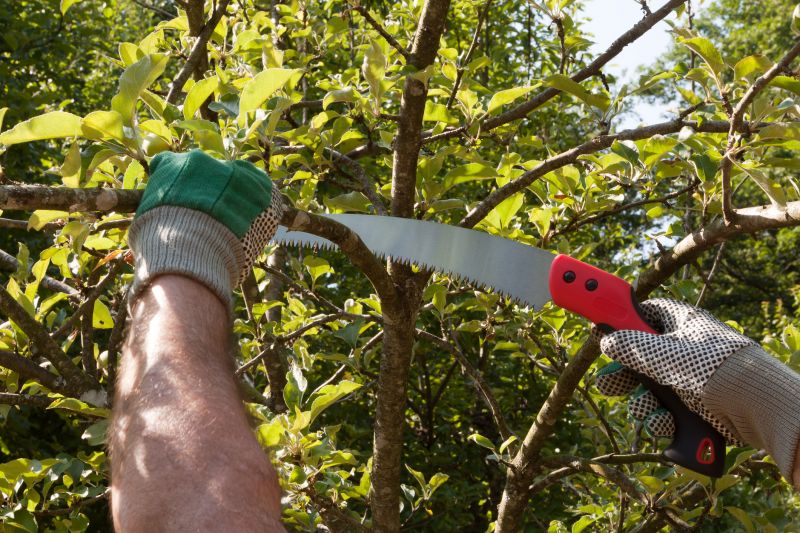
Removing dead or dying branches to prevent potential hazards and promote health.
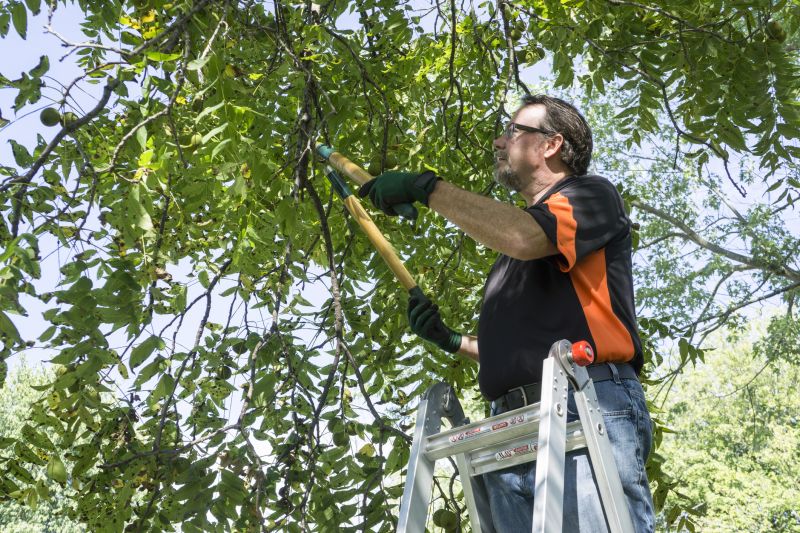
Shaping trees to improve stability and reduce the risk of structural failure.
Arborists play a vital role in tree care by applying specialized knowledge and techniques to maintain tree health and safety. They assess the structural integrity and health of trees, identifying potential hazards and recommending appropriate treatments. Arborists utilize advanced tools and methods to prune, remove, or support trees, ensuring minimal impact on the surrounding environment. Their expertise includes understanding tree biology, soil conditions, and proper pruning techniques to promote vigorous growth. Arborists also provide guidance on planting and long-term tree management, helping property owners achieve sustainable landscapes. Their skill set is essential for addressing complex tree issues safely and effectively, especially in urban or densely populated areas.
Hiring an arborist ensures that tree trimming and maintenance are performed with precision and care. These professionals have the experience to handle challenging situations, such as hazardous limbs or diseased trees. They can identify early signs of decay or structural weakness that might not be obvious to untrained eyes. Proper pruning by an arborist can extend the lifespan of trees and prevent costly damage or removal in the future. Additionally, arborists follow industry best practices, ensuring safety for both the property and the workers. Their insights help property owners make informed decisions about tree health and landscape management. Engaging an arborist is a proactive approach to maintaining a safe, beautiful, and healthy landscape.

